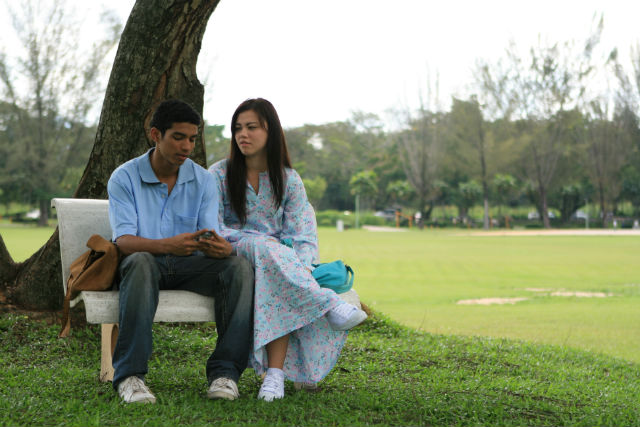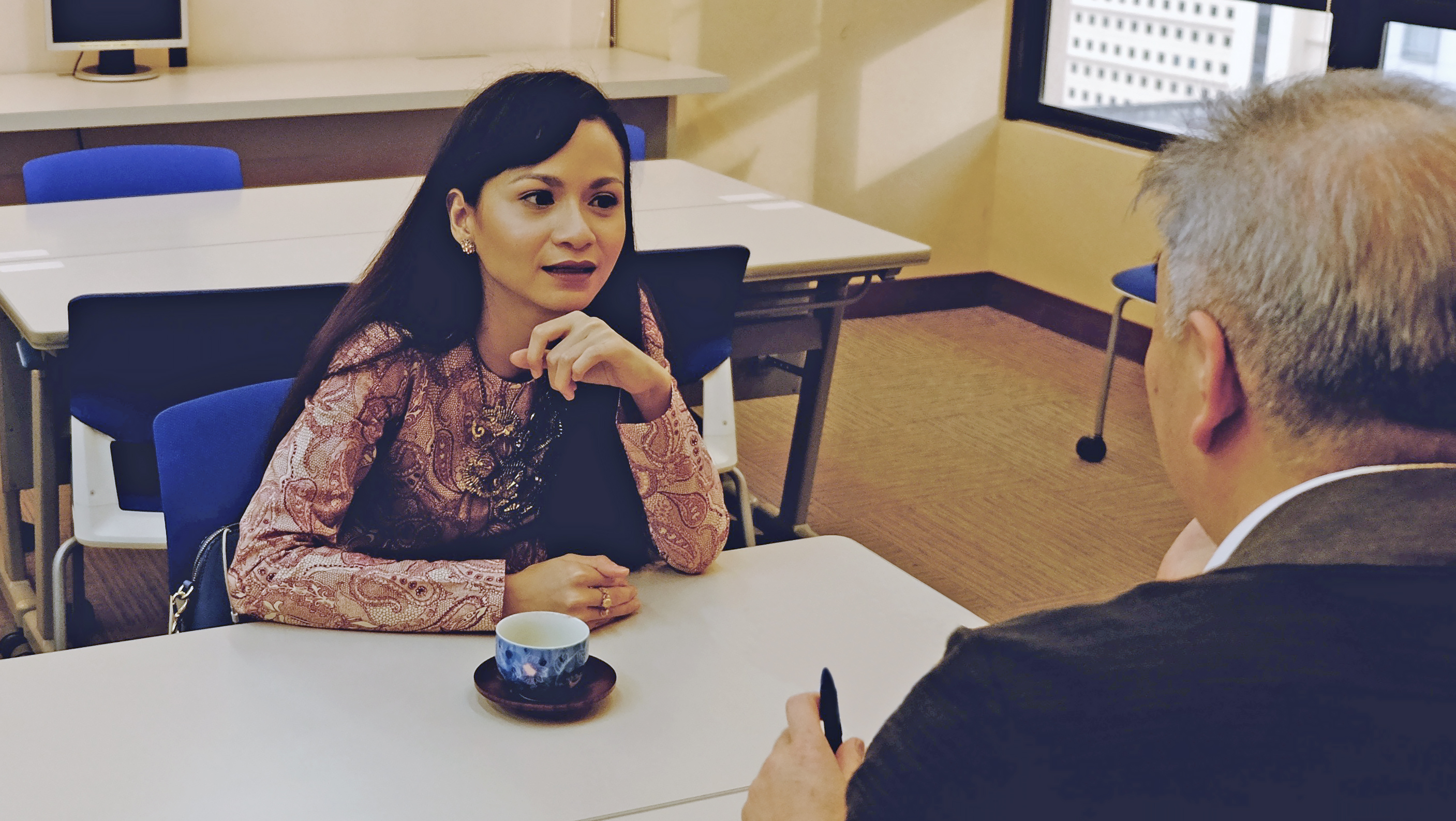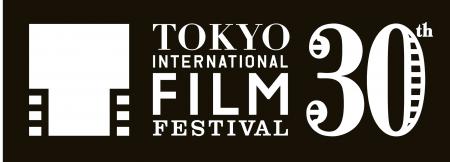The Malaysian New Wave: Past and Present
Sharifah: The reason it felt like Yasmin was at her best then is because there was also, at that time, the "first" New Wave of Malaysian cinema. It was Yasmin Ahmad, Tan Chui Mui, James Lee, Woo Ming Jin, and many others who triggered it. When we began to get attention from different festivals for the first time, sadly Yasmin passed away. It was so sudden.
Edmund: Yep. I came too late.
Sharifah: And then everybody stopped being friendly. Malaysia can be like that; We'll be friendly and collaborative for a while, but then when we lose the central person who brought each of us together, we drift apart. I unfortunately don't think we have a person of that stature now; a Malay, Muslim woman who will fight for other people. Yasmin was exactly that. I think she went beyond linguistic, ethnic, and religious differences, and was the person who brought Malaysian filmmakers together. If someone discouraged us from doing something, she would fight back saying, "Where does it say that we cannot do that?" So for a New Wave, we need a person like that; someone who will stand up against, say, the censorship board or whoever or whatever is trying to stop us from our filmmaking. We have to all come together to try make our films.
Ishizaka: Do you think the Malaysian New Wave disappeared since Yasmin passed away?
Edmund: It's faded.
Sharifah: No, it hasn't; it hasn't disappeared. But it is true that during the time with Yasmin, when she was around, filmmakers who were starting to get recognized worked together a lot more. There were more collaborations among each other's films: Yasmin and Pete Teo would appear as actors in Ho Yuhang's film, Pete would also write the score for Talentime, and likewise many filmmakers participated in his production of the short omnibus film series, 15 Malaysia, and Yasmin's last film, Chocolate is one of them. The list goes on. And Yasmin really loved to collaborate.

Yasmin Ahmad, Talentime (still), 2009
Sharifah: The recent Malaysian film scene seems to place more importance on the commercial aspect of film; the kind of collaborations that Yasmin and the others pursued have become fewer and ties between filmmakers have somewhat weakened, I think. I myself have friends and colleagues who have wonderful ideas and want to make good films, but they just don't have the funding for it; no one wants to fund them. So they have to work on extremely commercial projects, ridiculous commercials or online series.
Nowadays everything is online; the paradigm has shifted so much. It's not about what you know anymore; it's about who and how many people know about you. It's about the commercial factors, like how many million followers you have on Instagram. For instance, if you have thousands of Instagram followers, that's become an element that can work to your commercial advantage. It's not about having talent anymore. It's how well you expose yourself and use that exposure.
These things have changed the industry. Taking the time and working on details, for instance, has become somewhat of a waste of time. And, as a result, you just end up churning things out without being attentive to the quality of the output. I think that's the problem.
Ishizaka: I think, in addition to being a film director, Yasmin was also a fantastic commercials director and left us with many wonderful commercials.
Sharifah: Absolutely. There is something very important we have to realize and understand from Yasmin's commercials; something that reminds us that we're actually made of the same blood. We are all the same: boy or girl, women or men, women's rights or men's rights. There's no difference; ultimately we're all human and we all have rights. Her commercials allow us to reflect on that common ground. But now, unfortunately, we don't have commercials like that.
Edmund: Some people try, but it just doesn't work the same way. A lot of commercials try to copy her style, but they lack the feelings. It's not the same.
Sharifah: That is what I meant when I said we can't make Wasurenagusa: you cannot simply copy the originality of a genius. You have to have a firm grasp of the director or film that inspires you, and make something of your own; what was it about Yasmin and her film that excited you, what touched you, and so on. She of all people was concerned about her work, not about herself. So she'd be very happy if you are inspired by her work, but if you try to just imitate her, you wouldn't get anywhere.

Sharifah: When she passed away, the sense of loss was just...I can't describe it...there was a huge hole. Her support was, I realized, so great, that afterwards I felt I had lost that support system. Because she was the one who would bring us together. She loved the film screenings nights where there were bloggers, actors, reporters; all kinds of different people gathered because Yasmin invited them. So we would all hang out and chat and then become friends. We all loved her. She was the one who connected us so she is very much missed. On the other hand, though, there are emerging filmmakers in the scene; like Edmund [smiles].
Ishizaka: You've worked with Japanese filmmakers too, haven't you Edmund?
Edmund: I realized there was no choice; I can't do collaborations in Malaysia! I can only do it in Japan.
Sharifah: But that is true. And I'm proud of how he doesn't just sit around, waiting for opportunities. He goes for it. Edmund and others, now, are very proactive and are seriously thinking about how they can expand their work, how they get their films to more viewers. I think that's the new kind of wave that is going change the current in Malaysian film from now.
On March 23, 2017 at the Japan Foundation Kuala Lumpur
Interviewer: Kenji Ishizaka
Born in 1960 in Tokyo, Ishizaka earned his MA degree from the graduate school of Waseda University. From 1990 to 2007, he was the Film Coordinator at the Japan Foundation and has organized more than seventy projects in Asia and the Arab states. He was appointed Programme Director of the Asian Future section of the Tokyo International Film Festival in 2007, and has taught at Japan Institute of Moving Images since 2011. As a film critic, his recent books include Dokumentari no umi e—Kiroku-eiga-sakka Tsuchimoto Noriaki to no taiwa [Amidst the Sea of Documentary: Dialogues with Tsuchimoto Noriaki] (Gendaishokan, 2008) and Ajia eiga no mori—Shinseiki no eiga chizu [The Forest of the Asian Cinema] (Sakuhinsha, 2012).
Information
For CROSSCUT ASIA #04: What's Next from Southeast Asia, which will be held during the 30th Tokyo International Film Festival (October 25 – November 3, 2017), we will be featuring works of young filmmakers recommended by renowned leaders of films in the region. For this,SharifahAmani has recommended My Superheroes by Eric Ong and Kenji Ishizaka has recommended Edmund Yeo's Yasmin-san. Please don't miss their screenings at the Festival!
CROSSCUT ASIA #04: What's Next From Southeast Asia Trailer (Audio: Japanese)
More Information
The New Wave of Malaysian Film: A Summary (Text: Japanese)
Asian Three-Fold Mirror 2016: Reflections Official Website
Editing: Aki Nishikawa (The Japan Foundation Asia Center)
Photo (Interview): Ikuko Takasaki (Athénée Français Cultural Center)








